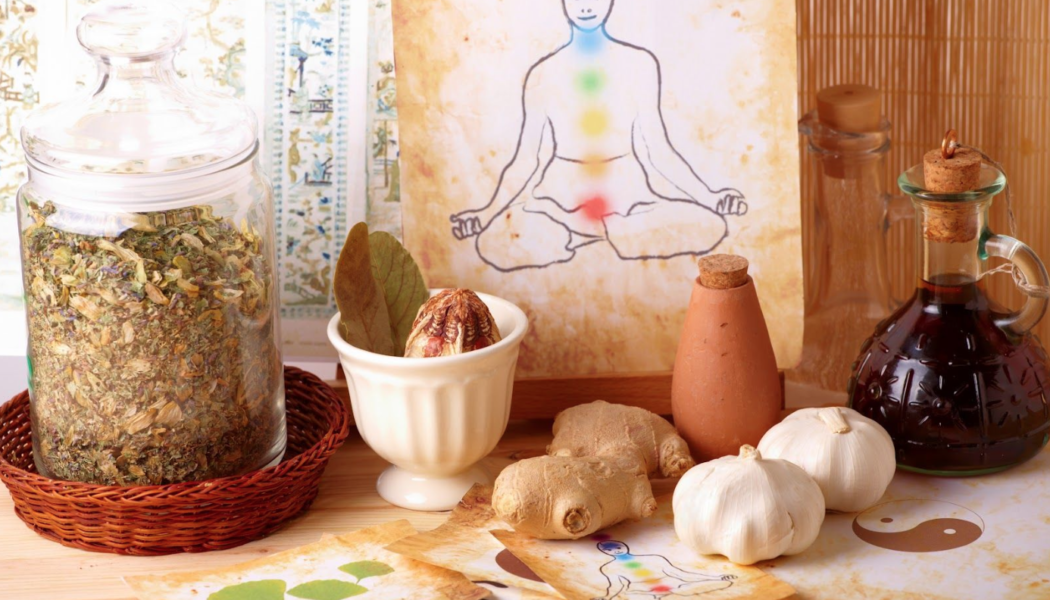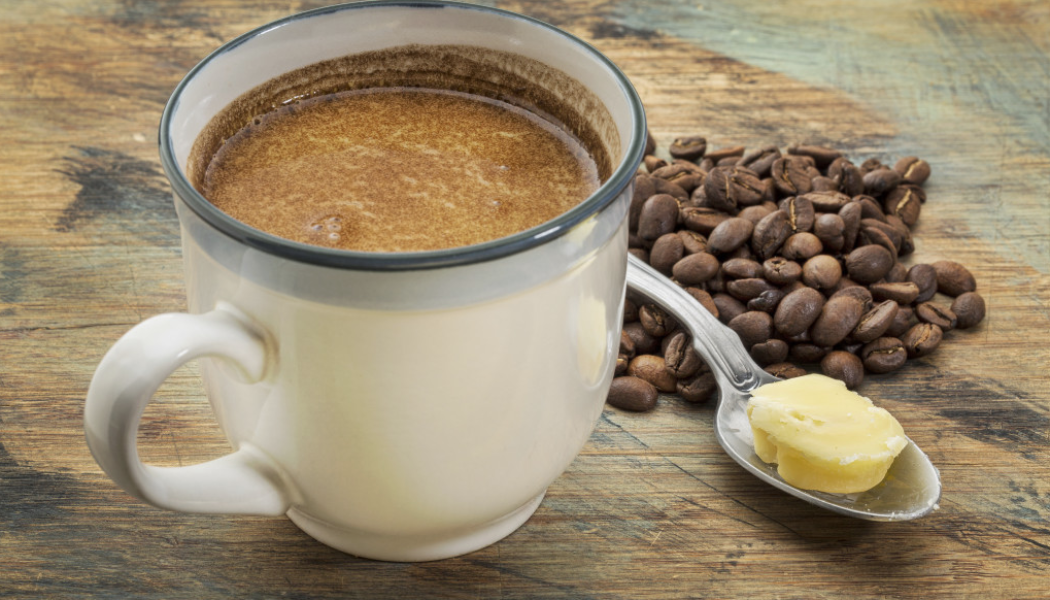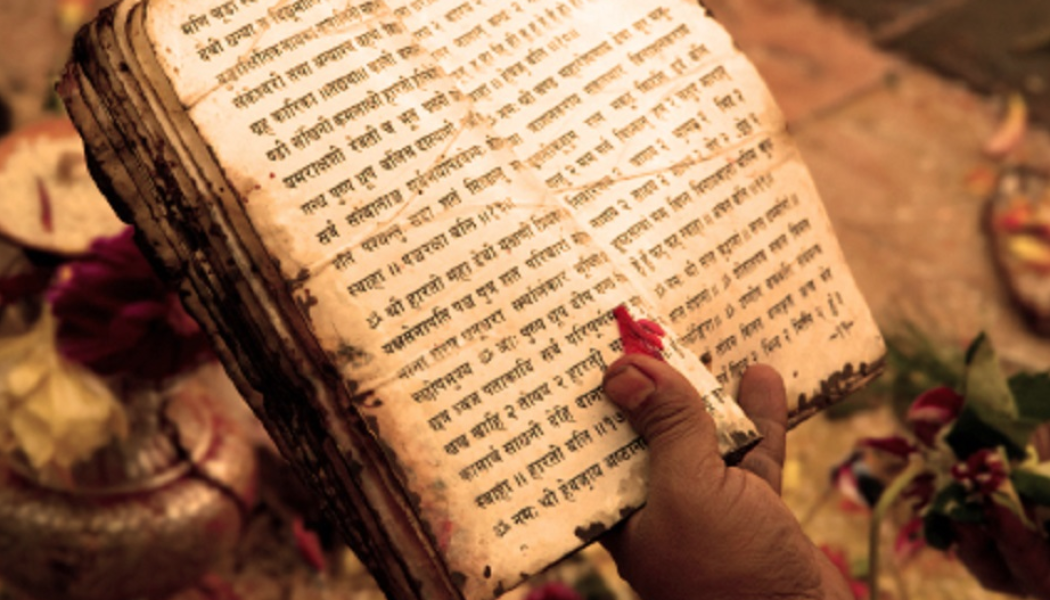Pitta Dosha
What The Heck Are Doshas & How Do We Keep Them Balanced?
What The Heck Are Doshas? Disease doesn’t just suddenly appear. After all, having good health for the most part is the result of developing a healthy lifestyle. Similarly, disease can be likened to a seed. If the seed is cultivated by unhealthy habits then the seed will soon manifest into a full-blown disease. According to Ayurveda, illness is often the result of a long process which can actually be detected during early stages and therefore can often be prevented. Also, from a holistic perspective, it’s important to determine the causative factors and resolve them rather than just suppressing the symptoms through medications. In order to do so, we must first investigate into possible causes from which diseases originate from and finally help to establish balance using basic princi...
Can Suppressing Natural Urges Cause Disease?
Can Suppressing Natural Urges Cause Disease? Ayurveda is one of the oldest, most complete and amazing natural holistic systems of medicine in the world. It’s a fascinating science and art of living (Ayu=Life, Veda=Science.) There are three primary biomedical terms of Ayurveda that are essential components of this system that allows us to navigate through our lives and our health. These three terms are Vata, Pitta and Kapha, which are derived from the composition of the five element theory; the five elements being Earth, Water, Fire, Air and Space/Ether. In Ayurveda we categorize Vata, Pitta and Kapha into “biological humors” that are configured uniquely in each one of us and determines our physiological and psychological output. Vata Dosha Vata, is a Sanskrit term that ...
Amalaki – The Most Nourishing & Rejuvenating Herb
Amalaki – The Most Nourishing & Rejuvenating Herb According to Ayurveda, Amalaki is considered one of the most nourishing and rejuvenating herbs. In fact, Charak – the ancient scholar of Ayurveda states “of all the Rasayanas, Amalaki is revered as one of the most potent and nourishing; Amalaki is the best among rejuvenative herbs.” Amalaki is a strong natural antioxidant containing high levels of vitamin C and acts as a powerful immune strengthener. Amalaki is one of the best sources of natural vitamin C and contains 20 times more vitamin C than an orange. Amalaki is commonly known as Indian gooseberry or amla, and the Sanskrit name “Amalika” means ‘sour juice of the fruit’. Interestingly, despite all the health benefits, Amalaki is also commonly known as the “poor ma...
Ayurveda Oil Massage [Snehana & Abhyanga]
Ayurveda Oil Massage The ancient Sanskrit word “Sneha” means compassion and the word “Snehi” refers to a loving friend. Daily oil massage [snehan] implies making a person loving by unfolding the healing qualities innate to the human body. In fact, Charaka – the ancient scholar of Ayurveda states that if you really want to bring happiness and joy to a client, don’t try to discuss their problems but do an oil massage and all the problems will simply dissolve. “Love is oily, soft, and gentle.” – Dr. Vasant Lad The skin provides the ability to heal through touch. The healing touch may include various modalities of healing such as massage. Ayurveda describes in great detail the benefits of daily oil massage. Not only is massage comforting to the body but essential for ...
The Ayurvedic Consultation
The Ayurvedic Consultation Health is not simply the absence of disease, but is a state of balance that provides for wellbeing, clarity, and joy. Ayurveda – “The Science Of Life” is considered to be the longest continuously practiced system of traditional medicine and emphasizes on creating balance in all areas of life. Not only does Ayurveda examine the body but inquires further about daily diet, lifestyle, relationships, stress, and overall sense of well-being. THE INITIAL CONSULTATION The initial consultation involves a thorough examination allowing the consultant to identify key symptoms and potential causes of imbalance and to eventually determine suitable food and lifestyle recommendations. Observation [Darshan]: An Ayurvedic practitioner is able to evaluate the state of ...
Hey Pitta – Chill Out.
Ayurveda recognizes that each human being is born with a unique balance and that this natural balance is responsible for physical, mental, and emotional well-being. By recognizing and maintaining this unique balance, Ayurveda provides simple guidelines to help each person create his or her own state of ideal health. For now, we will discuss the fiery nature of Pitta. Hey Pitta – “Chill Out.” The first thing which comes to mind when thinking of pitta is the brilliant blaze of fire. The primary function of pitta is transformation and controls digestion, metabolism, and energy production. The fire aspect makes pitta types bright, illuminating, fiery and even hot-tempered. A Dose Of Loving Compassion One of the best ways to pacify the fiery and hot-tempered nat...
Coffee – An Ayurvedic Perspective + Bulletproof Coffee Recipe
Coffee – An Ayurvedic Perspective For many of us, our mornings are just not complete without a cup of freshly brewed coffee. Whether you’re a local at Starbucks or scoff at Starbucks Venti Caramel Macchiato as not being a real macchiato – the fact remains, we love coffee. According to some research, 54% of Americans over the age of 18 years drink coffee everyday. Let us therefore, explore some of the health concerns centered around American’s favorite drink – coffee! The Ayurvedic Perspective: According to Ayurveda, “every type of food can be a poison or a medicine” – depending on what your individual constitution is and how and when you consume it. Ayurveda, is a comprehensive science which takes into consideration one’s unique dosha type – vata, pitta, and k...
What’s Your Dosha?
What’s Your Dosha? If you have spent anytime in the Ayurveda and Yoga community you may have come across the term “Dosha”. The science of Ayurveda explains that the human body is a replica of the vast external universe and – “that” – which is in the universe is also contained within the body. Although seemingly complex, let us simply discuss the concept of doshas keeping in mind that no single word can translate the exact meaning which the ancient texts have described many thousands of years ago. Ancient Wisdom: “Vata, pitta and kapha move in the whole body producing good or ill effects upon the entire system according to their normal or provoked states. Their normal state is prakrti and thier abnormal state is vikrti.” – Charaka Samhita Ch. 17 Sutra ...
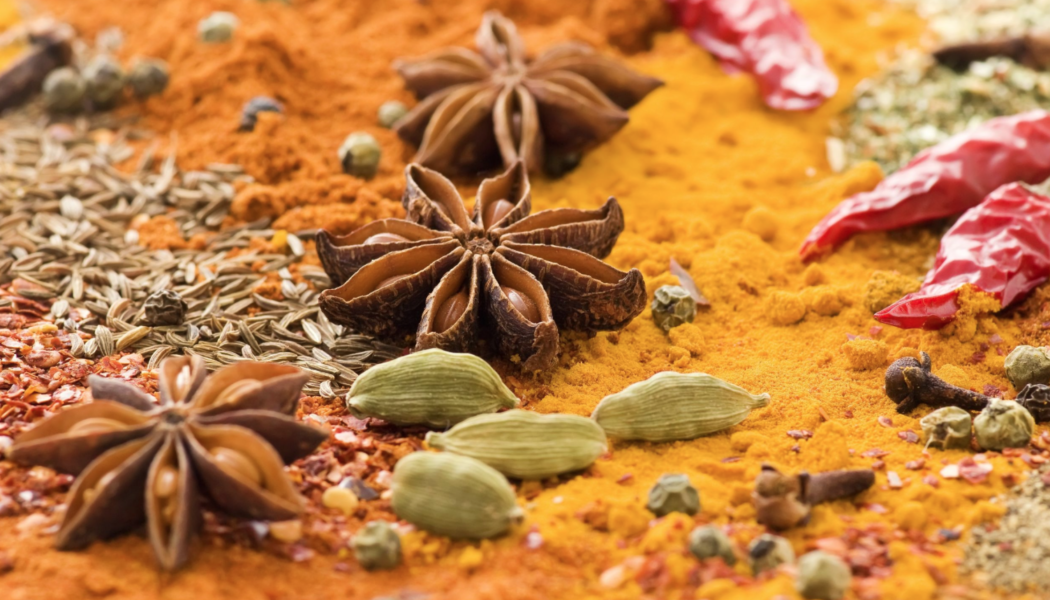



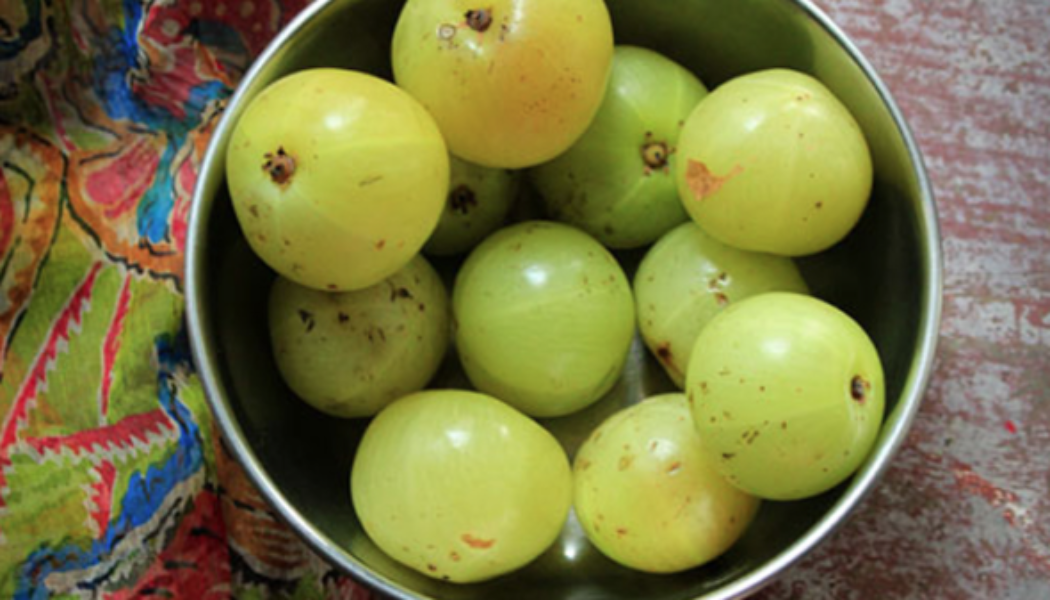

![Ayurveda Oil Massage [Snehana & Abhyanga]](https://healthyayurveda.com/wp-content/uploads/2015/12/Screen-Shot-2015-12-09-at-10.02.57-AM-1050x600.png)
![Ayurveda Oil Massage [Snehana & Abhyanga]](https://healthyayurveda.com/wp-content/uploads/2015/12/Screen-Shot-2015-12-09-at-10.02.57-AM-80x80.png)
